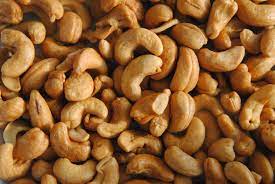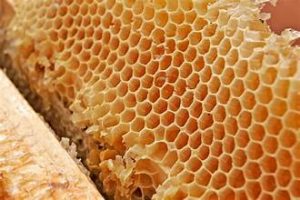Keywords: cashews, nutrients, health benefits, heart health, brain health, body
Introduction:
Cashews are a delicious and nutritious snack that is packed with vitamins, minerals, and healthy fats. They are a good source of protein, fiber, and copper, and they also contain antioxidants that can help protect your health.
Nutrient Composition of Cashews:
A one-ounce serving of cashews contains:
- Calories: 157
- Protein: 5 grams
- Fat: 12 grams
- Carbohydrates: 8 grams
- Fiber: 1 gram
- Copper: 6 milligrams (6% of the DV)
- Magnesium: 74 milligrams (18% of the DV)
- Manganese: 0.5 milligrams (23% of the DV)
Health Benefits of Cashews:
- Heart health: Cashews are a good source of healthy fats, which can help lower LDL (bad) cholesterol levels and raise HDL (good) cholesterol levels. This can help reduce your risk of heart disease.
- Brain health: Cashews are also a good source of magnesium, which is important for brain function. Magnesium helps to regulate nerve impulses and muscle contractions, and it is also involved in energy production.
- Body weight: Cashews are a high-fiber food, which can help you feel full and satisfied. This can help you to eat less overall and lose weight.
- Blood sugar control: Cashews have a low glycemic index, which means that they do not cause a rapid spike in blood sugar levels. This is important for people with diabetes or prediabetes.
- Immune system: Cashews are a good source of antioxidants, which can help protect your cells from damage caused by free radicals.
How to Eat Cashews:
Cashews can be enjoyed as a snack on their own, or they can be added to salads, yogurt, cereal, and trail mix. You can also use cashews to make cashew butter, a delicious and nutritious spread.
Conclusion:
Cashews are a delicious and nutritious snack that is packed with vitamins, minerals, and healthy fats. They offer a variety of health benefits, including improved heart health, brain health, and body weight. If you are looking for a healthy and satisfying snack, cashews are a great option.



